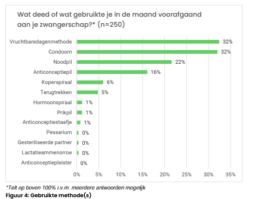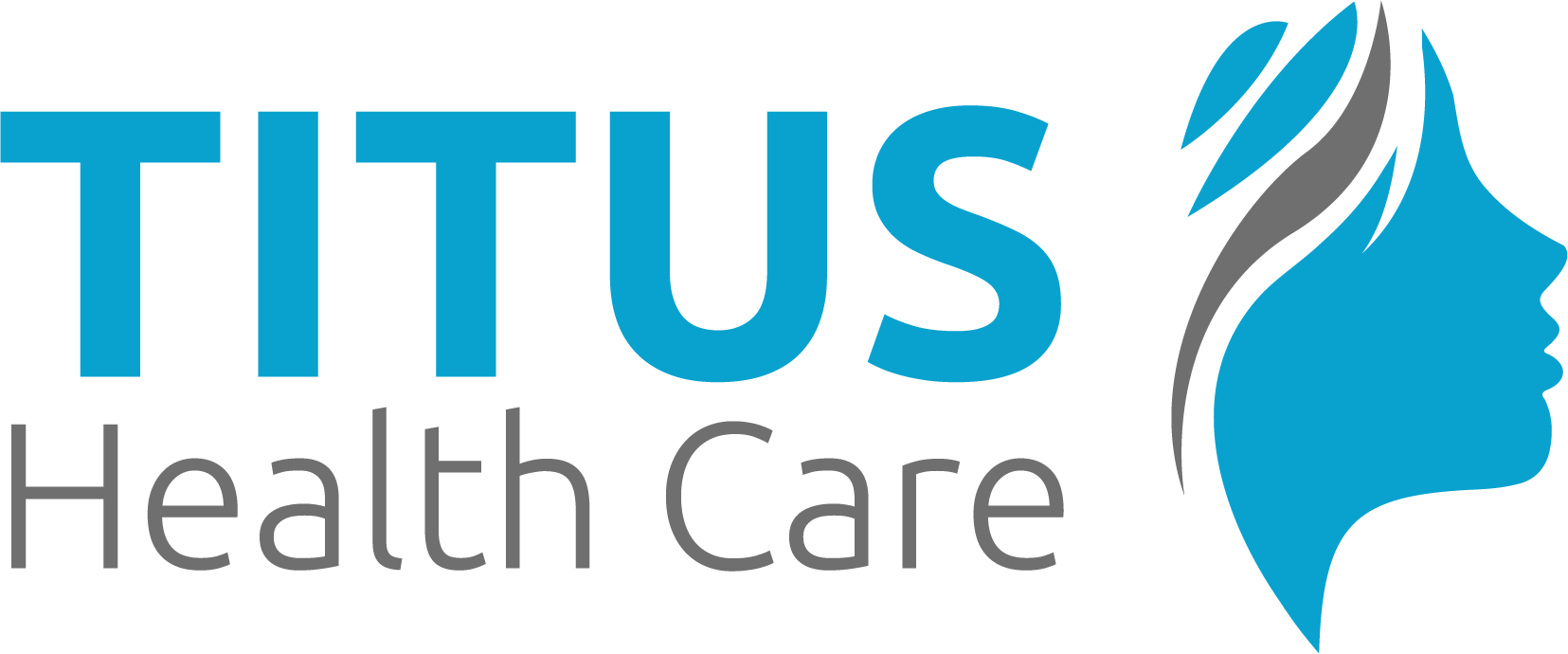Contraceptive use prior to abortion: 41% of women did not use contraception
Contraceptive use prior to abortion: 41% of women did not use contraception
Recent research by Rutgers shows striking figures: 41% of women who visited an abortion clinic did not use contraception in the month prior to their pregnancy. Among the women who did use a method (59%), almost one in three chose a natural method, such as the amniotic fluid method or a tracking app.
Key findings from the survey
The study, conducted by Rutgers in collaboration with the Dutch Association of Abortion Specialists (NGvA), analysed 422 completed questionnaires from women who visited an abortion clinic. Besides questions about which contraceptive methods were used, they were also asked about reasons for (not) using them and knowledge about these methods.

The results showed that:
- 41% did not use contraception. Reasons included a low estimate of the likelihood of pregnancy, avoiding hormones, or side effects of others methods.
- The amniotic fluid method, condom and morning-after pill were the most commonly used methods among those who used contraception. They could indicate several methods
- Many users of the fertile days method reported that they themselves underestimated the number of fertile days. They often placed the responsibility on themselves, while methods such as the pill or condom were more often seen as unreliable. Only 1 in 6 women adhered to the recommended 9 fertile days. During fertile days, the condom (70%) was the most commonly used complementary method, followed by abstinence and withdrawal.
Why do women choose natural methods?
Many women say they choose natural methods because they do not want to use hormones, have negative experiences with side effects and would like to be more connected to their own bodies. They are also more likely to be dissatisfied with other contraceptive methods.
Need for proper education and contraceptive counselling
More than 25% of women reported not having received any guidance or help in choosing a contraceptive method. The lack of reliable information can lead to less reliable choices or no use of contraception at all. This underlines the importance of good information about fertility and contraception. According to Rutgers, such knowledge is currently in short supply, or is negatively influenced, for example by social media.
What can healthcare providers do?
Healthcare providers play an important role in providing accessible and reliable information. Ask people more often the question "How would you feel if you turned out to be pregnant today?". If someone would like to avoid pregnancy, look together (including with any partner) for a suitable and reliable method of contraception. For women who want to avoid hormones, it is also important to discuss reliable alternatives.
Want to know more about this research?
You can read the full study here.

